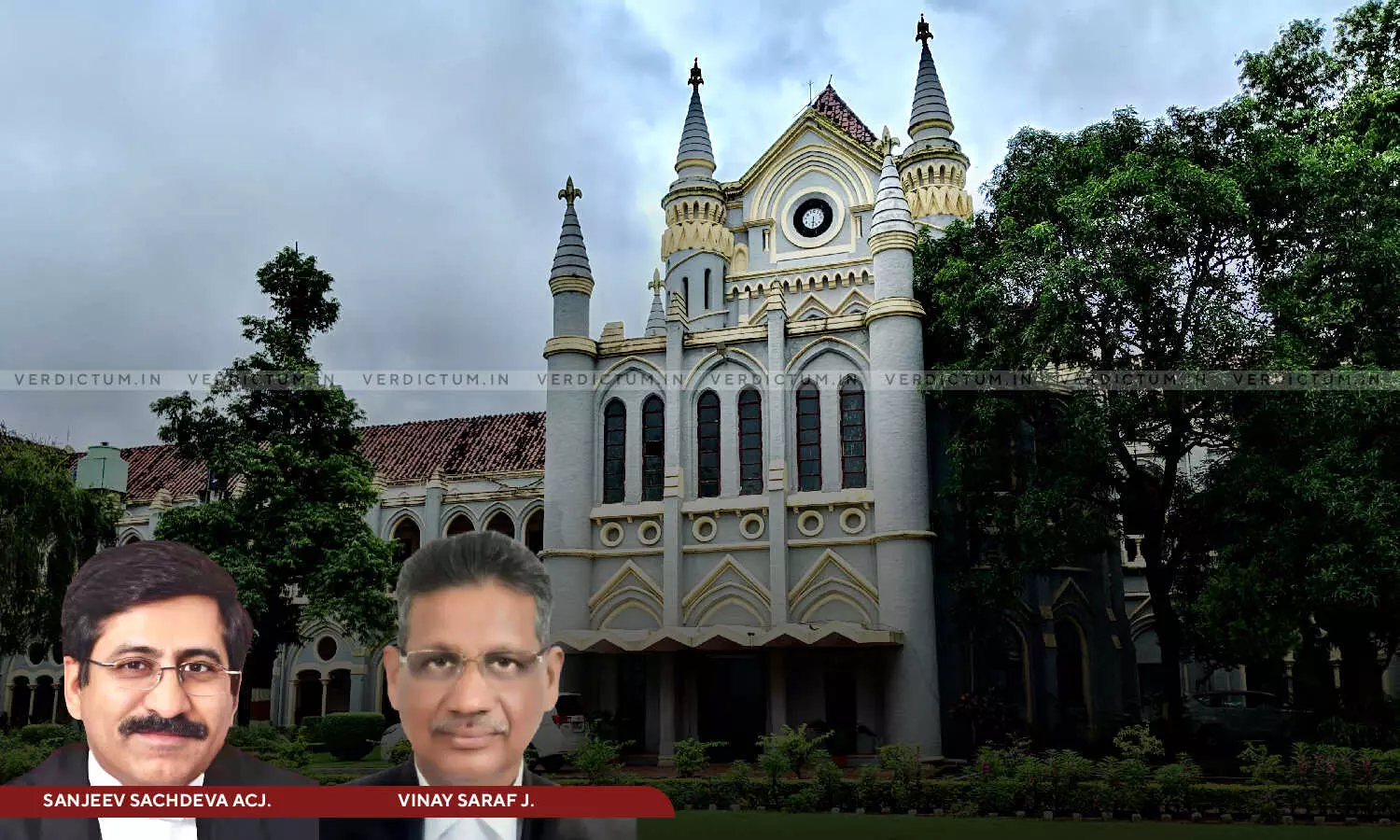
“No Violation Of Principles Of Natural Justice”: MP HC Upholds Removal Of District Judge For Adopting Double Standard In Deciding Bail Applications
 |
|The Madhya Pradesh High Court upheld the removal of an Additional District Judge for adopting double standards in the matters of granting bail.
The Division Bench of Acting Chief Justice Sanjeev Sachdeva and Justice Vinay Saraf observed, “Considering the material available in the present case, it is apparent that the petitioner was holding the post of Additional Sessions Judge with which comes a great responsibility and he was under obligation to conduct himself in a manner befitting the post held by him. He was under duty to conduct the proceedings of bail applications in conformity with the provisions of law. He extended the benefit of bail to some applicants relying on the pronouncement of High Court and refused to grant bail to others without considering those pronouncements. No violation of principles of natural justice or error is found in the procedure followed in the enquiry in the present case.”
Advocate Dhruv Verma appeared for the Petitioner whereas Advocate General Bramhadatt Singh and Advocate BN Mishra appeared for the Respondents.
The Petitioner was an Additional District Judge. In August 2011, the complainant alleged Petitioner had indulged in corruption activities with the support of his Stenographer particularly in the matters of bail applications arising out of the offences registered under Section 34(2) of the M.P. Excise Act.
Considering the nature of the allegations, a show cause notice was served to the Petitioner under sub-rule (4) of Rule 14 of the M.P. Civil Services (Classification, Control & Appeal) Rules, 1966 (‘Rules 1966’) intimating the Petitioner that the High Court had decided to initiate disciplinary proceedings against him. Petitioner had refuted the allegations and submitted his reply to the show cause notice wherein he denied the allegations of corruption and submitted clarification.
After the disciplinary proceedings, the Committee had recommended for infliction of the penalty of removal from services. The matter was placed before a Full Court where the Court resolved to impose a penalty of removal from service upon the delinquent under Rule 10 (viii) of the Rules, 1966. Law and Legislative Department of State of M.P. issued an order for the removal of the petitioner from service.
The petitioner preferred an appeal under Rule 23 of the Rules 1966 before the Governor of Madhya Pradesh assailing the order of removal, which was rejected by an order. Assailing the order of removal and order of rejection of appeal, the petitioner preferred the petition.
The Court said, “However, various cases were examined by the inquiring authority meticulously and we do not propose to putforth those orders by referring in each and every case relied upon by the inquiring authority. Suffice it to say, in some of the cases wherein the bail was granted in a liberal manner without considering the relevant provisions whereas in most of the cases, same approach was not adopted which amounts to application of double standard.”
The Court added that allegations against the Petitioner to the effect that he had granted bail to some of the applicants without considering the provisions of Section 59-A of the M.P. Excise Act and in other cases, bail applications were dismissed after applying the said provision and the conclusion of enquiry that the allegation was proved, was based on sound reasoning.
The Court observed, “Even though there may not be direct evidence to show corrupt or improper motive but on bare perusal of the bail orders, it can be seen that the judicial officer has acted in a manner which cannot be approved to any manner whatsoever. The inference of improper motive and extraneous consideration was properly drawn against the Petitioner. It is also trite law that while exercising the powers of judicial review, the High Court should not normally substitute its own conclusion on penalty and impose some other penalty in the absence of any shockingly disproportionate quantum of punishment.”
Accordingly, the Court dismissed the writ petition.
Cause Title: Nirbhay Singh Suliya v. The State of Madhya Pradesh and Ors.
Appearances:
Petitioner: Advocate Dhruv Verma
Respondents: Advocate General Bramhadatt Singh and Advocate BN Mishra